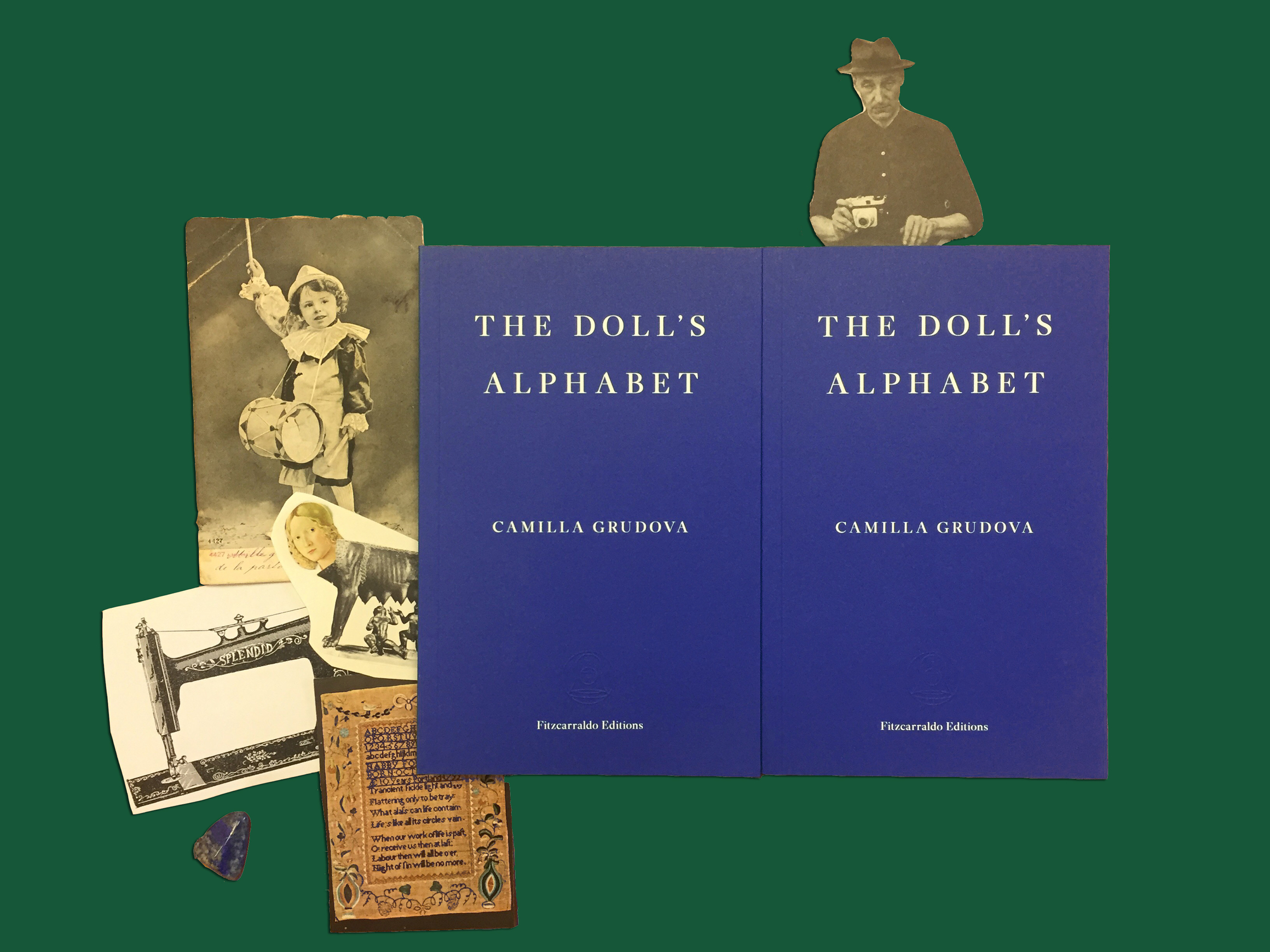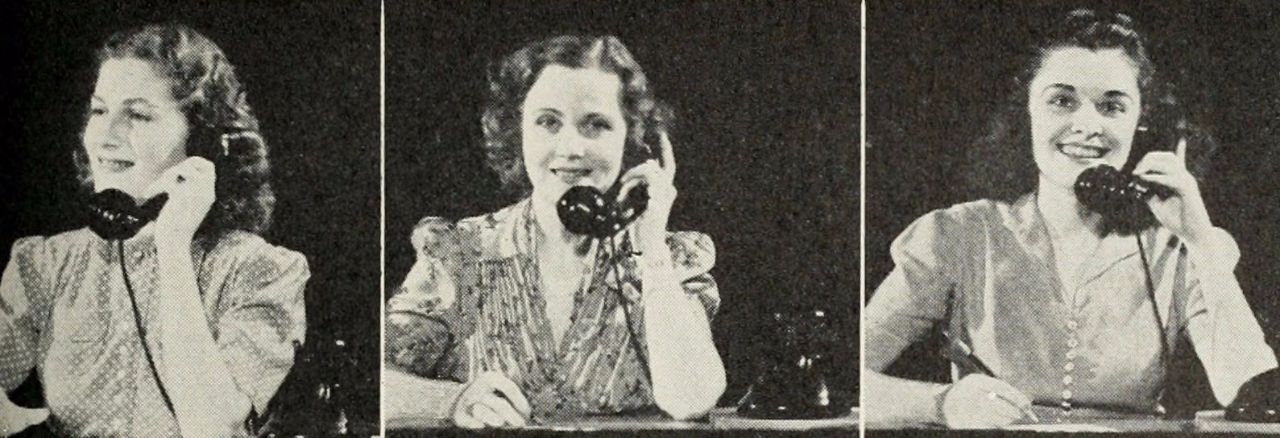
Ahead of The Doll’s Alphabet’s publication, today, Camilla Grudova put together a playlist to accompany the release of the book:
‘This a mixture of songs mentioned in The Doll’s Alphabet and songs I listened to while writing it. I was horrendously depressed at the time I was working on it and Josephine Baker’s Blue Skies is the song that always saved me from total wretchedness. The string quartets of Tchaikovsky were a favourite of Isak Dinesen’s. The Magic Flute is my favourite opera, I danced in a production of it when I was a child and was in love with the gentleman who played Papageno. Lotte Reiniger’s work fascinates me. Another opera I love is The Tales of Hoffmann. This ghostly kitsch organ rendition is the music I want played when I marry a dashing skeleton in an Austrian castle. It was wonderful to learn that organs, not just pianos, were used to accompany silent films. Pola Negri was a Polish girl who went to Hollywood and became a silent film star. She dated both Charlie Chaplin and Rudolph Valentino. Alexander Vertinsky was a Soviet Pierrot.’
Tchaikovsky— String Quartet No.1, Op. 11 mov.2
Pola Negri— A Woman Commands (from Paradise, 1952)
Jacques Offenbach— Barcarolle, Les contes d’Hoffmann. (performed by Jesse Crawford)
Josephine Baker— Blue Skies
Horace Finch— Finch Favourites Part II
Alexander Vertinsky— Drink, My Girl (Александр Вертинский – Пей, моя девочка)
Lotte Reiniger— Papageno (from The Magic Flute by Wolfgang Amadeus Mozart)
Leo Reisman and His Orchestra— The Wedding of the Painted Doll (from The Broadway Melody)
The Ronettes— Silhouettes
Shirley Temple— At the Codfish Ball (from Captain January)


